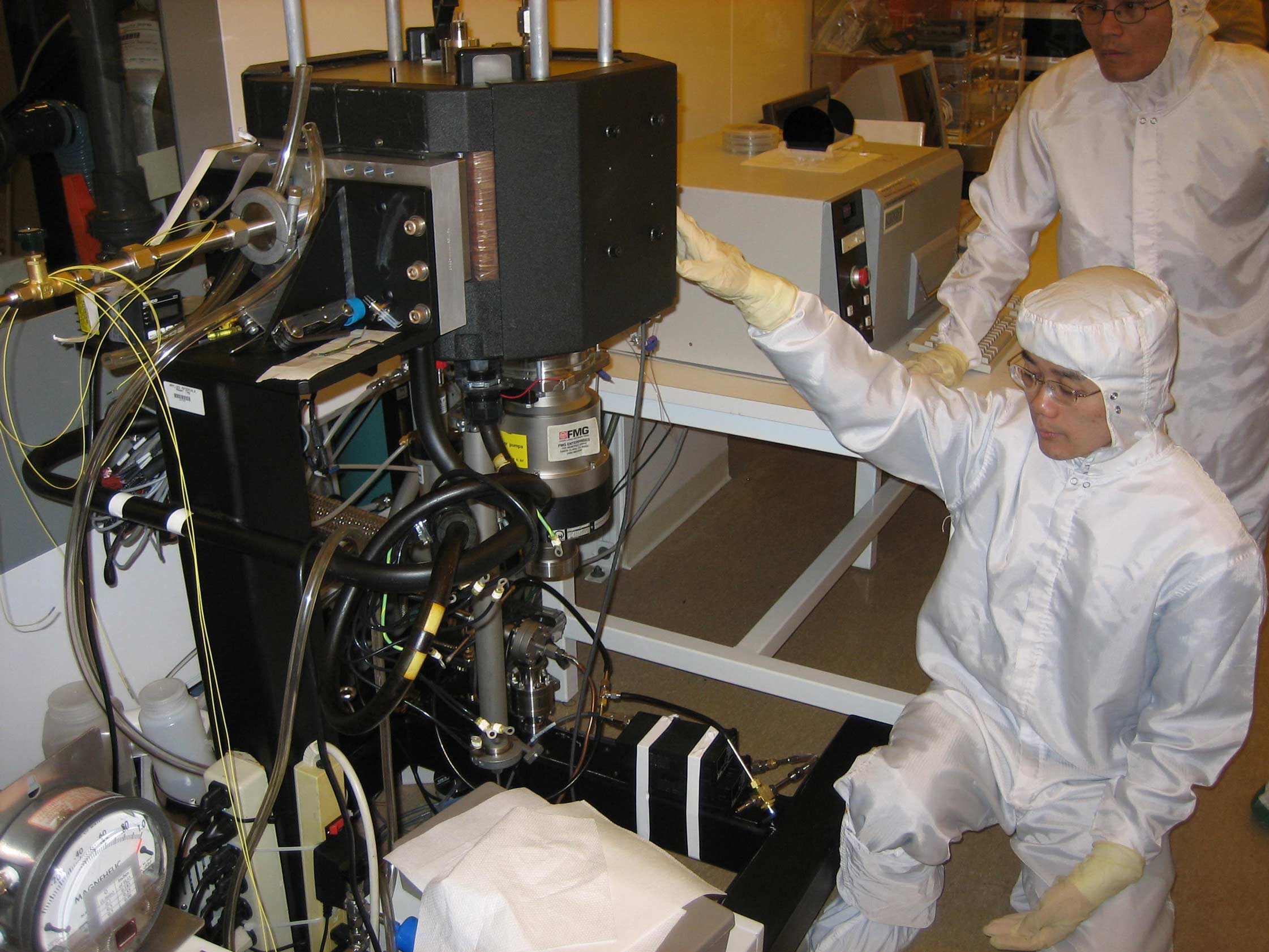Towards healthy air
Professor Jing Wang conducts basic and applied research in the field of air quality and its impact on human health and the environment. On the occasion of his promotion to Full Professor of Air Quality and Particle Technology in the Department of Civil, Environmental and Geomatic Engineering, we asked what drives him in research and teaching.

Professor Wang, congratulations on your promotion at ETH Zurich! What are your current research interests?
My main research interests lie in the fields of air quality monitoring and control, aerosol measurement and characterization, biological pathogen detection and treatment, and pollution abatement.
What is the impact of your research on society?
My long-term goal is to establish a world-leading laboratory for remediation of environmental and health threats posed by emerging airborne pollutants. For example, my group has developed a plasmonic biosensor for rapid on-site detection of the SARS-CoV-2 virus, which was applied to provide daily airborne virus monitoring results in the COVID wards of the University Hospital Zurich and nursing homes. Currently we are fabricating a pathogen detection system for the US Army Primary Standards Laboratory.
Where were you working before you came to ETH?
After receiving my Ph.D. in aerospace engineering from the University of Minnesota, I held several positions at the same institution: I started as a postdoctoral associate in the Particle Technology Laboratory. Later, I assumed the position of Lab Manager and the role of Research Assistant Professor. In 2010, I moved to Zurich, where I have since held a joint position between ETH and EMPA.
Which courses are you teaching at ETH?
I teach Air Pollution Control, Air Quality Technics, Air Quality and Aerosol Mechanics, Air Quality and Health Impact, the air quality session in the Environment and Computer Laboratory, and contribute to the Introduction into Environmental Engineering and Environmental Engineering seminars.
This semester we are making changes to the lecture Air Quality and Health Impact, adding content on airborne microplastics detection, environmental DNA measurement and analysis, source apportionment and epidemiological studies, etc. I am excited to provide the students with a perspective on these topics of growing concern.

You are the owner of three patents, can you tell us a bit more about them?
My most recent patent relates to biosensing using plasmonic effect. When the target genetic materials are captured on the sensing elements, strong electromagnetic near-field responses are generated which enable sensitive and rapid target detection. A specific novelty is the coupling of plasmonic sensing and photothermal effect, which converts the energy of a laser into heat, thereby controlling the local temperature and facilitating bio-interactions. We have used this method to measure the airborne SARS-CoV-2 viruses in COVID wards at the University Zurich Hospital and nursing homes, providing results to patients and staff within hours of sampling.
What do you do if you have a few minutes to spare?
I am happy to have a stroll in fine-art museums.
Do you have a general philosophy or motto you try to live by?
Do the utmost, hope for the best and prepare for the worst.
What advice would you give to students who are just starting out in environmental engineering?
Keep an open minded, start with a broad overview of the field, but identify your focus and develop a specialty once you have chosen your topic.
What book, podcast or movie related to technology or computer science would you recommend to students and colleagues?
I recommend external page https://www.copernicus.eu/. Copernicus is the Earth observation component of the European Union’s Space program, providing satellite-based data for our planet and its environment. A wealth of information on climate change, atmosphere, marine, land, etc. can be found.
In July 2023, Professor Jing Wang (*1979) was promoted from Associate Professor at ETH Zurich and Group Leader at Empa to Full Professor of Air Quality and Particle Technology in the Department of Civil, Environmental and Geomatic Engineering. Jing Wang’s international reputation is reflected in his impressive list of publications, with citation rates among the highest in this area of research. He is the owner of three patents and serves on several committees. His commitment to teaching is particularly worthy of note.
To the Chair of Air Quality and Particle Technology